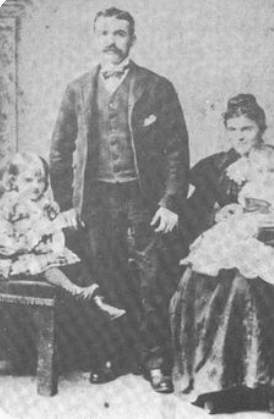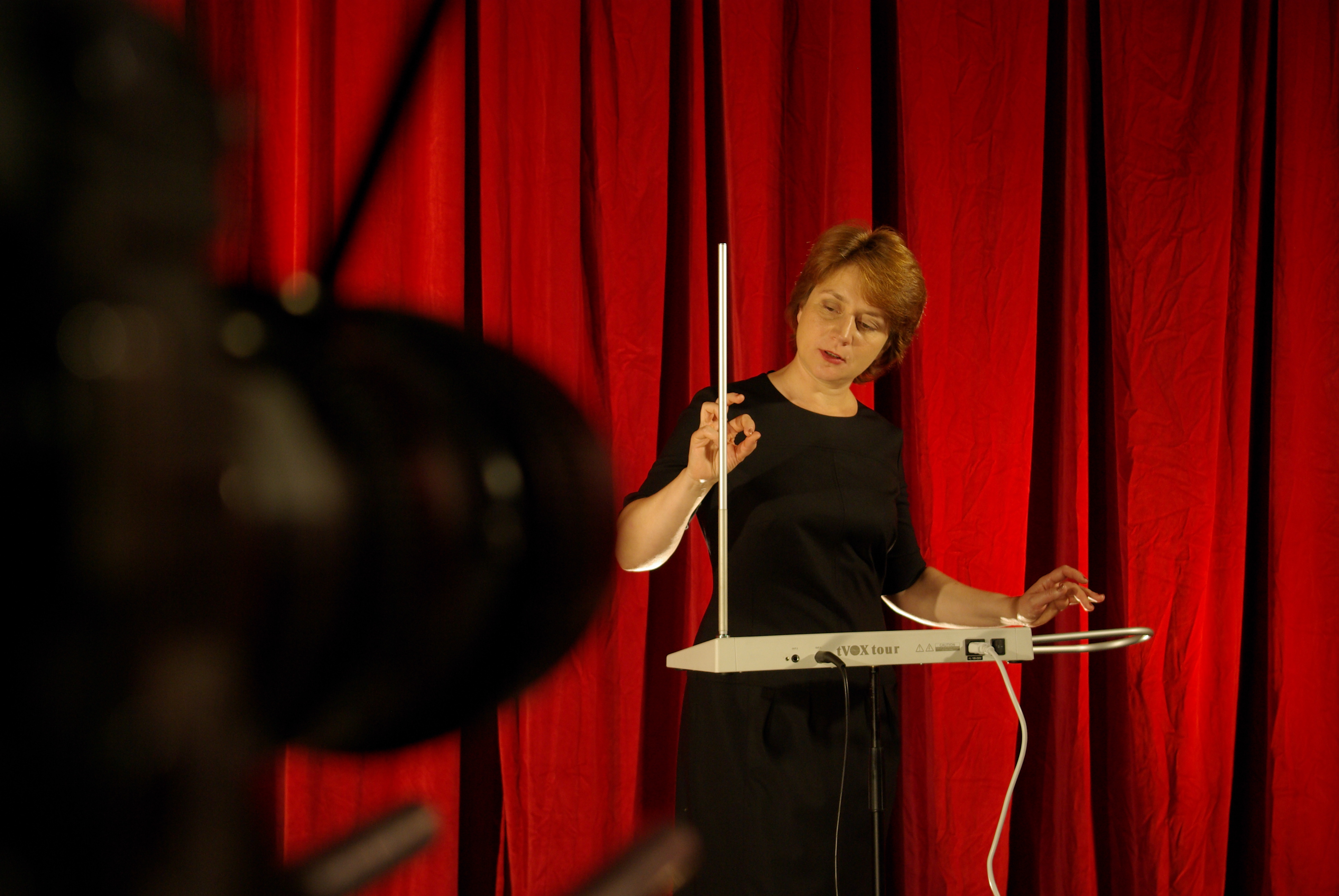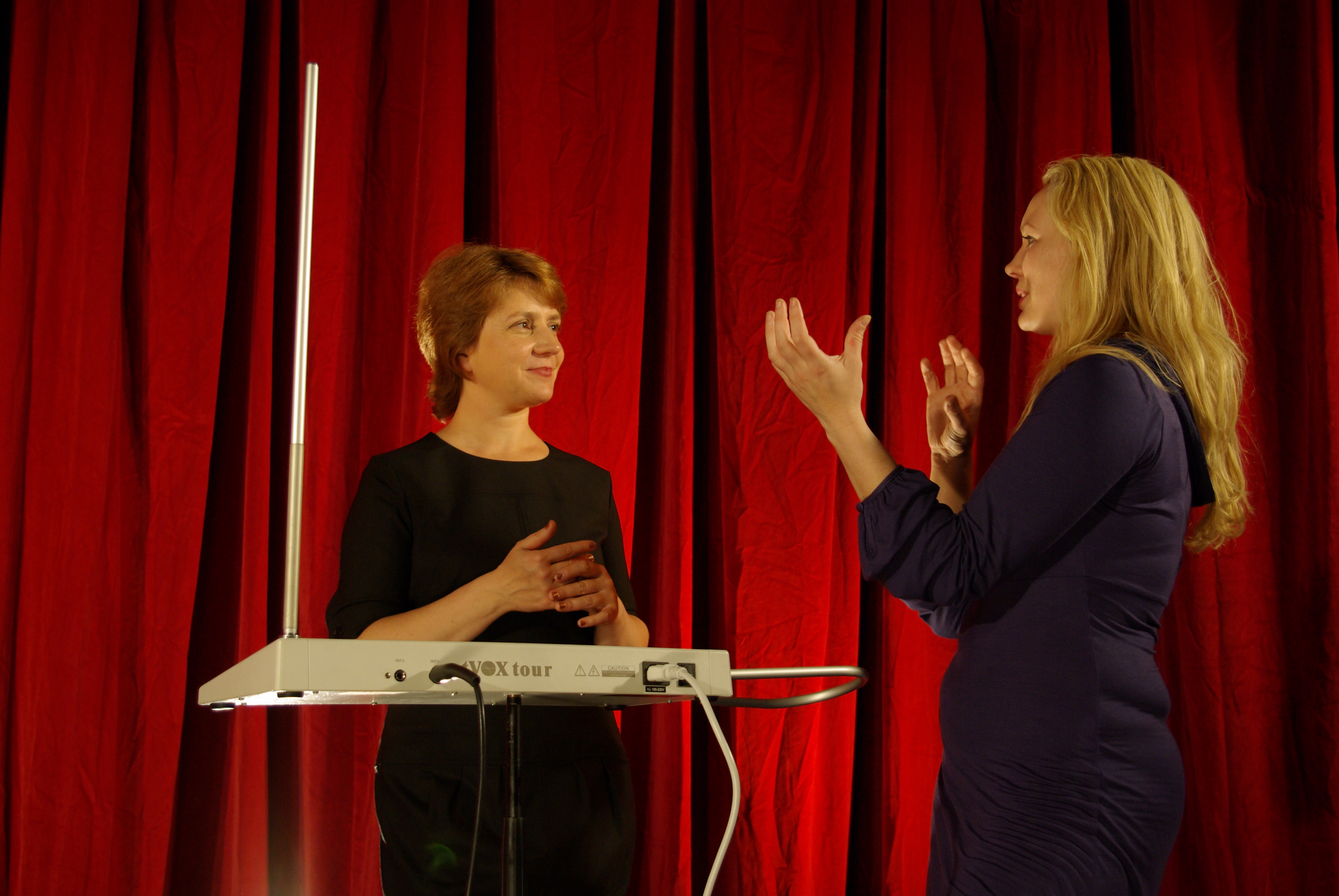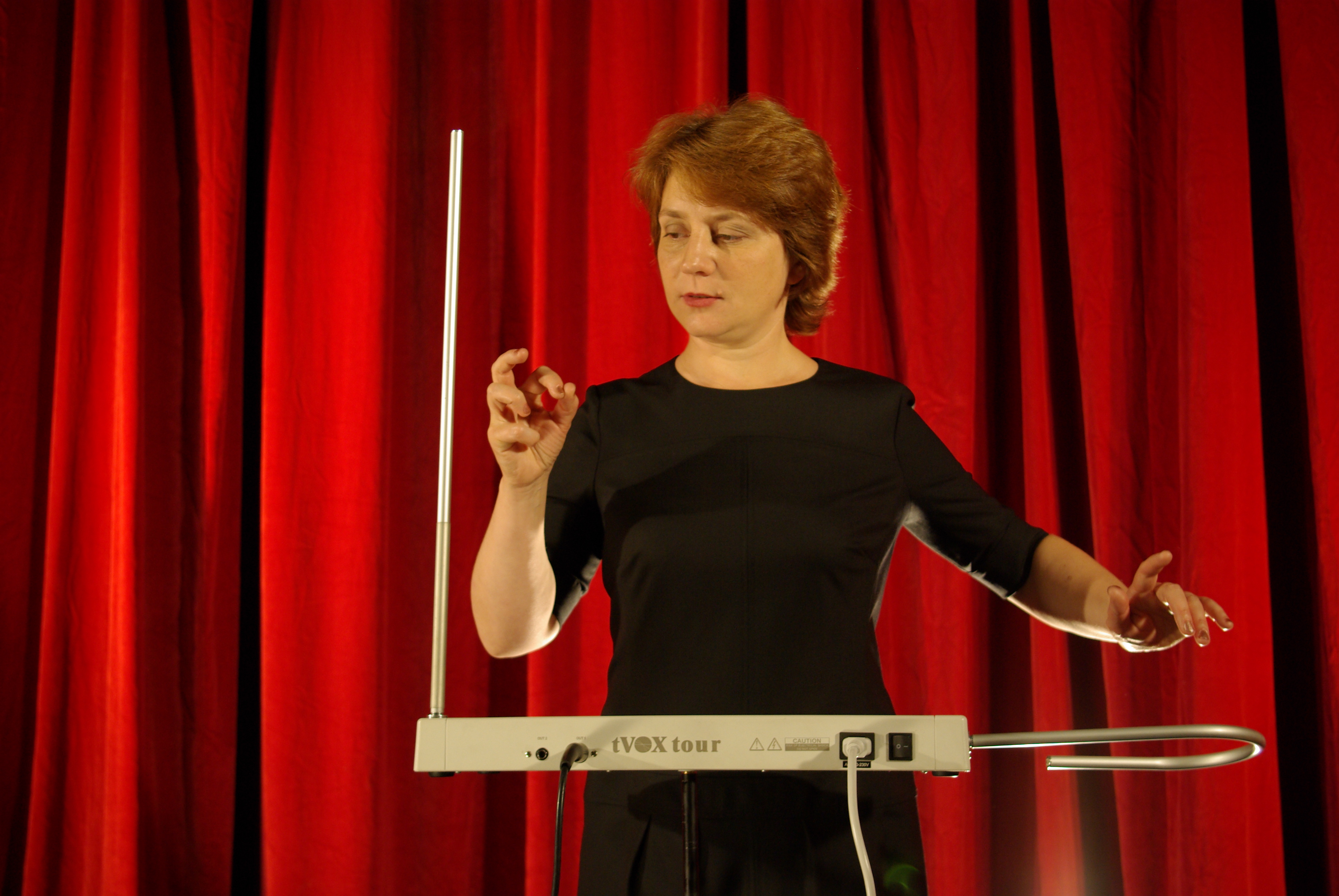Towards the 12th May
A play spoken by a chorus of voices
for James Connolly (5 June 1868 – 12 May 1916) by Catherine Morris

This piece is dedicated to the former Irish Debenhams workers in Dublin and Cork who while campaigning to be paid redundancy payments following their own lay-off in April 2020 have raised funds to help their fellow Bangladeshi workers in Dhaka after they discovered that they too had been left stranded by the company’s cutbacks.
Act I
slow walking through fallen pink blossom
slow walking through pink blossom
slow walking
fallen pink blossom
walking fallen
blossom
Gramsci. It is 12 days until James Connolly is executed will be executed was executed. An anniversary almost two weeks after your own anniversary. The anniversary of the death of Gramsci. The anniversary of the execution of James Connolly. What are we remembering? Who is we? I image my others. Another for whom resonances sound. Today it rained. Today the child said as she looked out of the window: “No rain.” And realizing the ‘no’ in her sentence was a command to the universe she knew that the child did not want it to rain. Hearing her, she responded: “Yes, I hope it won’t rain.” As the child left the house with her grandmother the rain was heavy and they ran to the bus so as not to get too wet. “Run” shouted her mother from the doorway. And then I heard the door close. Colder today. It is colder. No slow walking through fallen pink blossom with the little daughter and her plastic dog and fox trailing behind on wheels, she thought.
Thirteen years ago on the edge of Europe: I was not here to desire, thought the member of the Trade Union. Now. Today. No looking back, I think as I look back remembering the dream where my body or the body of a sleeping woman is a second away from falling onto eighteenth century rails in that seaside town. A man whose father had escaped from Poland to Argentina (she did not ask what he would not answer) tried to wake her. Windows are like doorways; gates, borders, the skin of the body, the nation to the state, the distance between one moment to another opinion. A transition in time. Looking back. Looking back from the boat to the sea. From the sea to an island. From Hungary in 2020 to Italy in 1929.
Legal experts say the new law will be in violation of European human rights case law, leaving it open to challenge in both the Hungarian supreme court and the European court of human rights (ECHR).
She said: “It’s pointless for me to belong somewhere where I’m not wanted or welcome.”
Arriving here now. I am a political prisoner. Gramsci cast his eyes in all directions of his prison. Looking back from the boat to the sea. Looking back to the island from the boat. Looking back from the island into his desires for the boat to arrive. For the letter; to respond.
I would like you to understand completely, also emotionally, that I’m a political detainee and will be a political prisoner, that I have nothing now or in the future to be ashamed of in this situation. That, at bottom, I myself have in a certain sense asked for this detention and this sentence, because I’ve always refused to change my opinion, for which I would be willing to give my life and not just remain in prison. That therefore I can only be tranquil and content with myself.
A woman marks her years III and then scores across to see how time can be deleted in her waiting for the year of her freedom to arrive. I can see the writings in the margin, she thinks back twenty years to reading the graffiti on the prison walls by Byron’s prisoners: “They chain’d us each to a column stone, / Below the surface of the lake / The dark vault lies wherein we lay”.
The last time Ina saw her father it was in Dublin in April 2016: “I begged him to let me stay with him. He clasped my head with his two hands at arms length and said: “It is not what you want or what I want, it is what is wanted of us that counts… if there is fighting taking place up north, then that is your place.”
The last words but what were the first words and where were they spoken? This scene takes place in a small house in Belfast with five daughters and their father. “He was trying to keep the family quiet on the landing as my mother was being delivered of her first son…. He was as pleased to have daughters as any farmer would be to have sons. The sex of a child meant very little to him. His concern was: ‘…Will he be able to take his stand with the rest of the working class, strong and healthy is all that I ask for my family and the average amount of intelligence to be able to work their way through life and to leave this world a little better than they found it.’.”
It’s not what you want or I want
To take a stand with the rest of the working class
To leave this world a little better
On another page of the notebook she read: The endless return journey. I find myself in Belfast.
Turning back and arriving in time for the protest against Direct Provision.
I remember seeing you there. A direct address spoken into time.
A train sounds into the night. Twice.
False dreams.
Empty houses. City spaces that make no sense.
In the fifth notebook she read: How quickly someone can disappear. A lasting distance from Cruit island through to the letters left behind under broken chairs. What codes are communicated tapping into the palm one way from English to Russian to the palm of the child. From the darkness and silence into the palm of the translator.
Gramsci asks: “Why have these terms continued to be used and not replaced? Is it just through revulsion against creating new words?… The history of semantics is an aspect of the history of culture; language is at the same time a living thing and a museum of fossils of life and civilisations…. The study of the philosophical culture of a man like Marx is not only interesting but necessary… Classes produce parties, and parties form the personnel of State and Government, the leaders of civil and political society. There must be a useful and fruitful relation in these manifestations and functions.”
Interlude

Act II
Workers Day May Day
Later tonight Joseph Beuys will sweep Karl Marx Plaza in West Berlin. Sweeping up all that is left behind. An image I would see for the first time on my return journey to Liverpool. Sweeping up history. Fragments fall between us. Gramsci writes: “Or recall the story of the Novellins in which the wise Saladin decides the issue between the innkeeper who wants to be paid for the consumption of the aroma emanating from his meat and the beggar who does not want to pay. Saladin pays him with the chinking of coins and tells the innkeeper to pocket the sound in the same way as the beggar ate the aromatic exhalations.”
Interlude

Act III
Rosamund Praeger, Alice Milligan, Anna Johnston, Maud Gonne. Women members of Inghinidhe na hÉireann. They are in rehearsals for a tableaux series that will be staged before and then after James Connolly’s Under Which Flag. Liberty Hall. Cigarette smoke and a leaning into desires of memory. They travel back to Belfast 1898 for another production then onto Cushendall when donkeys stood in for horses. That night in Derry – not enough gas for the magic lantern and Irish spoken that only half could understand. Would Casement turn up tonight? She lights another cigarette and lies down on the stage – remember that landowner the unionist who locked Ada up in her room the night of the Gaelic League meeting – no, not that time. She rolls over onto her stomach and puts her head on her elbow. No I’m thinking about that time he cleared the field – the one that the landowner let us have. Looking into the cigarette smoke another she says- imagine it.
Summing up to a parliamentary select committee the conditions of the Indian’s forced to gather rubber he said “These people have absolutely no human rights much less civil rights. They are hunted and chased like wild animals.”
Connolly is sitting at the table in the cottage writing notes – play notes or notes towards the proclamation. She looks back now and is not sure which text he was editing or reading. It is March 1867. He is writing in a Farmhouse kitchen. Turf on the right. Kitchen dresser at the back of stage wall. A window between dresser and fire. Door to inner room on left. A few chairs. A stool, a pitchfork and spade standing up on the floor at right of dresser. Picture of Robert Emmet and one of St Anthony on wall. Table drawn up near the fire. She watches him write. Johnston stands up and pulls her hair out from under her collar: I’m Robert Emmet said Angela Doyle. Another woman who has been painting a farm wall turns and takes her pose of stillness as another woman on the set says: I was Robert Emmet said Angela Doyle. Connolly reads from his script: We who saw her perform Robert Emmet will ever remember the ghost of the hero.
That obituary. Those blacked out lines from prison letters. A Hunger Strike that did not lead to death in the prison of the Free State. A Hunger Strike that lead to death on her release into the Free State.
An actor walks across the stage where Connolly looks into his script and where the women think. “The Irish Republican Brotherhood has sent out the call and all over Ireland in this March night the true Sons of Erin are once more marching out to battle. They are gone. The boys are all gone!” No. Say it like this, Connolly says: “Act III. Those who were in B Wing, Kilmainham, during the summer of 1923 will ever remember Angela Doyle as Robert Emmet … Angela chose Robert Emmet and to all of us who had ever visioned Emmet, Angela seemed to embody every idea of ours. Young, pale, fair, tall, with an earnest sad expression in her eyes, she seemed the ghost of the hero of 1803.” The final act. Buried in an archive somewhere in the National Library. Who saw the play in April 1916? Francis Sheehy Skeffington, of course. What did he remember?

THE END
______________
A Note on “Towards May 12th”
Antonio Gramsci, James Connolly, Alice Milligan. Towards the 12th May is about different forms of radical freedom and acts of solidarity that are imagined and performed in different forms of imprisonment. The piece, in part, revisits the rehearsal space in Liberty Hall in which Connolly’s play Under Which Flag was performed just three weeks before the Rising. Conflating memory and time, the stage is occupied simultaneously with rehearsals of theatre work by women such as Alice Milligan whose performances of Irish tableaux formed a major part of the anti-colonial cultural movement and attempts to build community through theatre as practice. Roger Casement, on return from his Human Rights work in the Congo worked with Milligan and other to stage these theatrical productions across Ireland and especially in the north. Like embodied acts of quotation in coded resistance, women prisoners who had trained with Milligan and Gonne in devised theatre performance staged tableaux depicting former historic revolutionary political prisoners during their own Hunger Strike in the Free State. Francis Sheehy Skeffington was the only person to publish a review of the play. Many of those who performed James Connolly’s script on the stage of Liberty Hall went onto die in action just weeks later during the Irish revolution. The stills in this piece are from Jesse Jones’ commissioned 16mm film The Spectre and the Sphere that evokes the spectres of ideology and amplifies residual voices that haunt the cultural vessels of history. It examines how the spaces of our popular imagining such as the theatre and the cinema are also containers of historical and political impulses. Resonating throughout halls of the Vooruit a whispering choir revisits Karl Marx’s iconic text, The Communist Manifesto extracting the spectral aspects of Marx’s prediction of how history would unfold.
Jesse Jones is an artist who creates works that primarily take the form of film and video. She explores historical instances of communal culture that resonate with contemporary society and politics. Jones isolates forms and subjects, often through the use of Brechtian theatre techniques of estrangement, as a tool for both re-imagining and directly intervening in social discourse.
Catherine Morris is a writer and Lecturer in Culture, Community and the University at NUI Galway. Her monograph, Alice Milligan and the Irish Cultural Revival (Four Courts Press) uncovered the forgotten arts and feminist theatre practice of one of the founders of modern Ireland. Her latest work Intimate Power: Autobiography of a City is a hybrid form of inclusive (auto) biography montages memoir with photos and recordings was made on location at resonant sites across Liverpool; exploring how a personal sense of belonging is a collective experience saturated in the history and public culture of the city.





